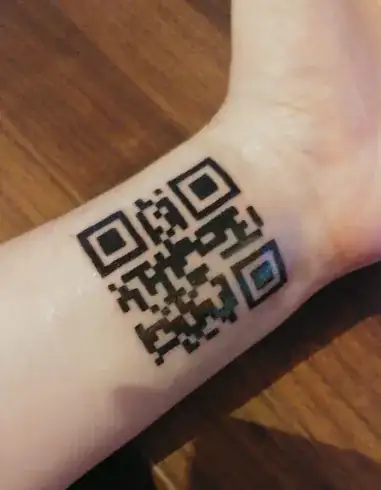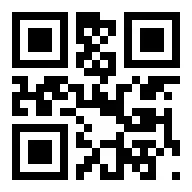This question comes from a possibly stupid idea, but I want to make sure its as not-stupid as possible.
I want to tattoo a QR code on my arm, that encodes a website. The domain has to be as short as possible for the QR to be as small as possible. Now I found a nice domain name, but its TLD is .gy.
The tattoo is rather permanent, and I know things on the internet are not always like that.
So my main concern is - what happens if the country governing that TLD ceases to exist? What if they are involved in war? What if there's administrative errors and they fail to keep ownership over their TLD?
I just have a feeling that a .gy domain is much more likely to disappear / malfunction as compared to .com or .nl.
Are those feelings correct? Would it be safer for me to go for a .com domain?
That tattoo would be stupid, but one thats not working anymore would be even more stupid.
EDIT:
The deed has been done, and its working great :)
I decided to go with an even shorter domain (one that I still had), and one from my own country. Fits great in a 21x21 with "medium" ECC. The URL thats encoded is the following: Click on your own discretion.

